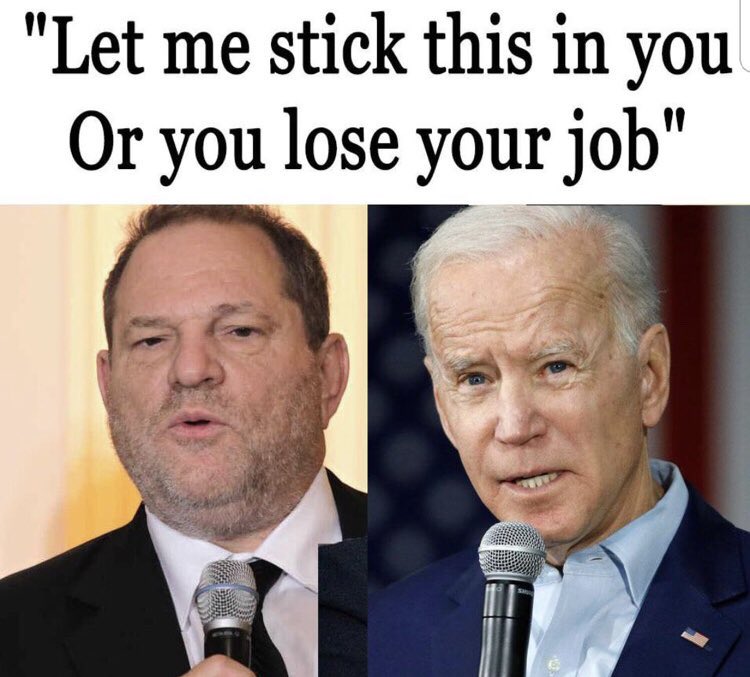Your analogy is not apt, as it fails in the case where the mandate applies to everyone, and not only to a certain set of people. A better analogy would be one in which the federal government mandates that everyone is given $100, which would not create a gap between the sexes.
Huh? My example was not a mandate but a policy, and the policy applies to everyone 18 or older.
And? Are you trying to convince me that the mandate is anti-racist? Because you are doing a good job of it.
No. I am telling you what Kendi ought call it, according to his own formulation.
If you cared to research that question you might just find his answer, much like his answer to this thread topic was there for someone who just cared enough to go looking for it.
I cannot find the answer.
You still have not educated yourself on the Biden mandate. It did not go into effect immediately, therefor your above supposition that it is already the case that the policy is racist is unfounded.
This does not change the calculus. If it goes into effect in the future, it will force more black people to have a medical procedure that they did not want in order to obtain a certain benefit (access to federal business).
I am not asking you to explain it, I already understand your explanation. I am asking you to demonstrate that your explanation is valid. You have failed to demonstrate that.
The conclusion follows ineluctably from the premises.
Yes, you have. So perhaps you can explain to me how something which is a net benefit to a race can be said to be increasing racial inequity with regard to that race.
Huh? If there was a federal policy that was: white people will get $100 tax free from the government, that would be a net benefit to white people and it would increase inequity between white people and others (or possibly reduce it versus Asian people).
Are you not asking me to accept that what you have decided Kendi meant is what Kendi actually meant, even in the face of his own statement to the contrary?
I am asking you to try to understand that Kendi's evaluation of the vaccine mandate conflicts with his definition of what constitutes a racist policy.
I never said he did. I think it stands to reason that something that is a 'net benefit' to a race is not something that can be said to be a racist policy with regard to that race.
I don't understand what you mean with the qualifier 'with regard to that race'. And I'm not asking you to evaluate whether it is a racist policy, based on your definition of a racist policy. I'm asking you to consider that there is a conflict between Kendi's definition of a racist policy, and his evaluation of the vaccine mandate as not racist.

